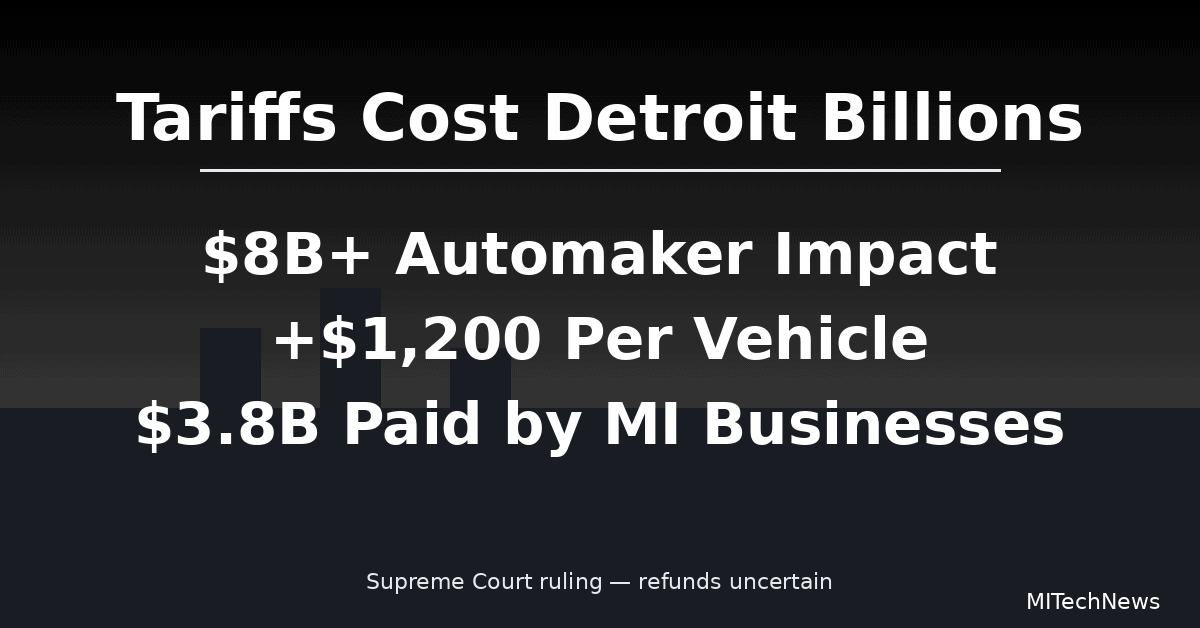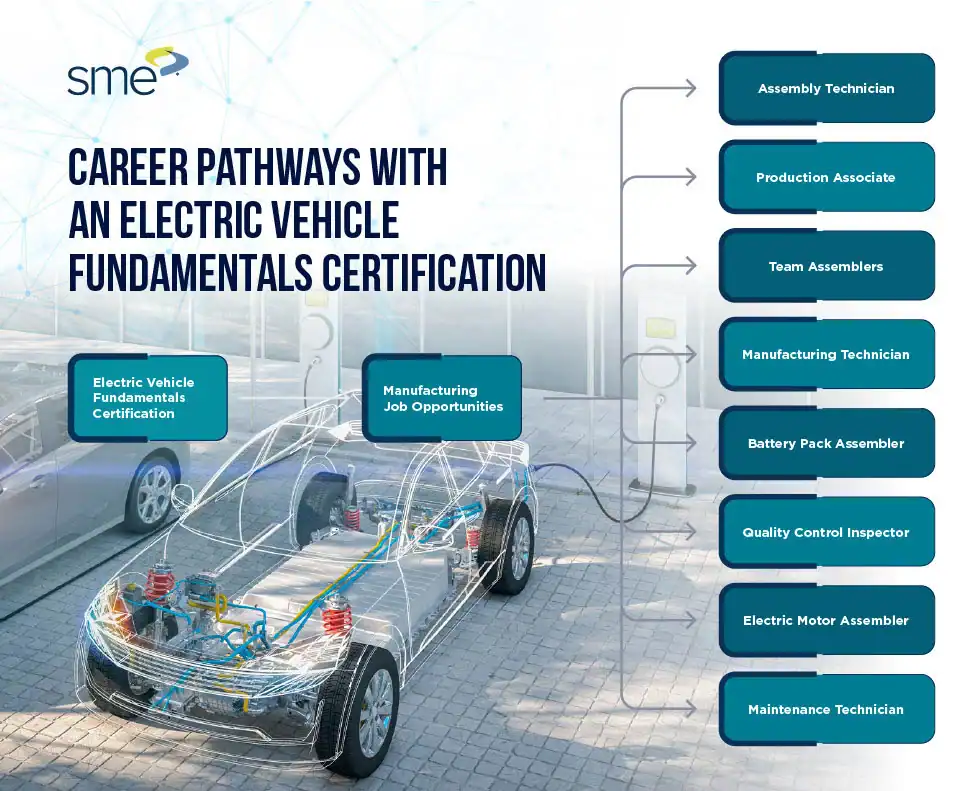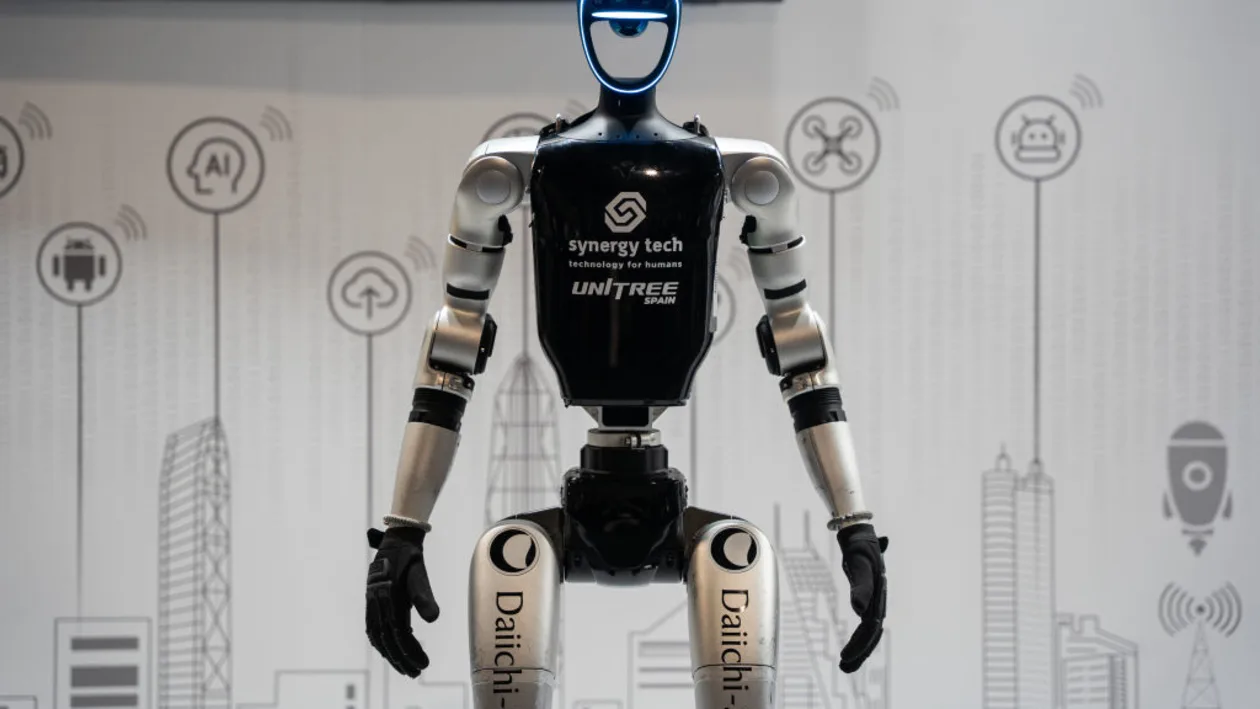ANN ARBOR – Today’s automotive industry faces a historical shift from internal combustion engine (ICE) vehicles to battery electric vehicles (BEV). This shift is profound, dramatically altering the structure of the automotive value chain and the vehicle manufacturing process. This conversion occurs as the industry undergoes a digital transformation. The ICE to BEV project builds a 2020 CAR project on digital transformation by considering the implications of a transition in propulsion technology and a digital transformation in manufacturing for the North American automotive sector.
The project begins to identify the “white spaces” in manufacturing enabled by a transition to BEV and digital manufacturing. For this project, the research team conducted long-form interviews to support a targeted technology survey of manufacturing (operations) and information technology decision-makers at five vehicle manufacturers. CAR researchers also conducted interviews with leading labor representatives. The gathered information provides a snapshot of how the North American automotive industry is digitally converting vehicle manufacturing and the critical role of BEVs in that conversion.
CAR considered three building blocks to help place structure around the digital transformation enabled by BEV manufacturing: technology (production and digital) process (scheduling, throughput, and quality assurance) and organizational (alignment and skills). CAR researchers also investigate the role of partners in the transition.
Perhaps the most challenging aspect of the ICE to BEV transformation is the sheer breadth of changes to the production process – from new BEV-specific parts, processes, and suppliers to new technology opportunities made possible via digital technologies. Survey results identified the production of the battery cell/module/pack and the selection of suppliers as the primary challenge of the new BEV manufacturing paradigm.
A common theme from the interviews was the uncertainty of demand for BEVs. Several manufacturers are pursuing dual-mode production lines, which will require more flexibility, specifically for ICE and BEV configurations. Digital tools are being implemented to support planning. Based on the survey results, improved supply chain integration and more timely data are the most common ingredients being leveraged for process improvements in production scheduling. Respondents indicated enhanced supplier integration would be needed as EV production increases to avoid disruption and fully leverage analytics to optimize production throughput rapidly.
OEM and Organized Labor respondents agreed that the rate of change in the automotive industry is driving the need for enhanced skills. However, a recurring theme from interviewees punctuated this point by pointing out that these skills were digital transformation-related, much more than being only BEV-related. In other words, skills associated with new digital technologies (i.e., data management requirements, advanced analytics, machine learning, and automation) remain a development priority. Still, they pertain equally to both BEV and ICE vehicles.
While automakers have specified the need to develop new digital transformation and production skills internally within their organizations, they also recognize that there are focused capabilities in which partners can most definitely enhance these efforts. The research concluded that product and service partners in the areas of hardware/software supply, business process consulting, technology consulting, and IT consulting were dispersed. However, “very important” (the very best significance level) rankings did appear at least somewhat in all three business process areas surveyed and across the different partner products and services. This is not entirely surprising, given the current marketplace’s high demand for digital transformation skills.







